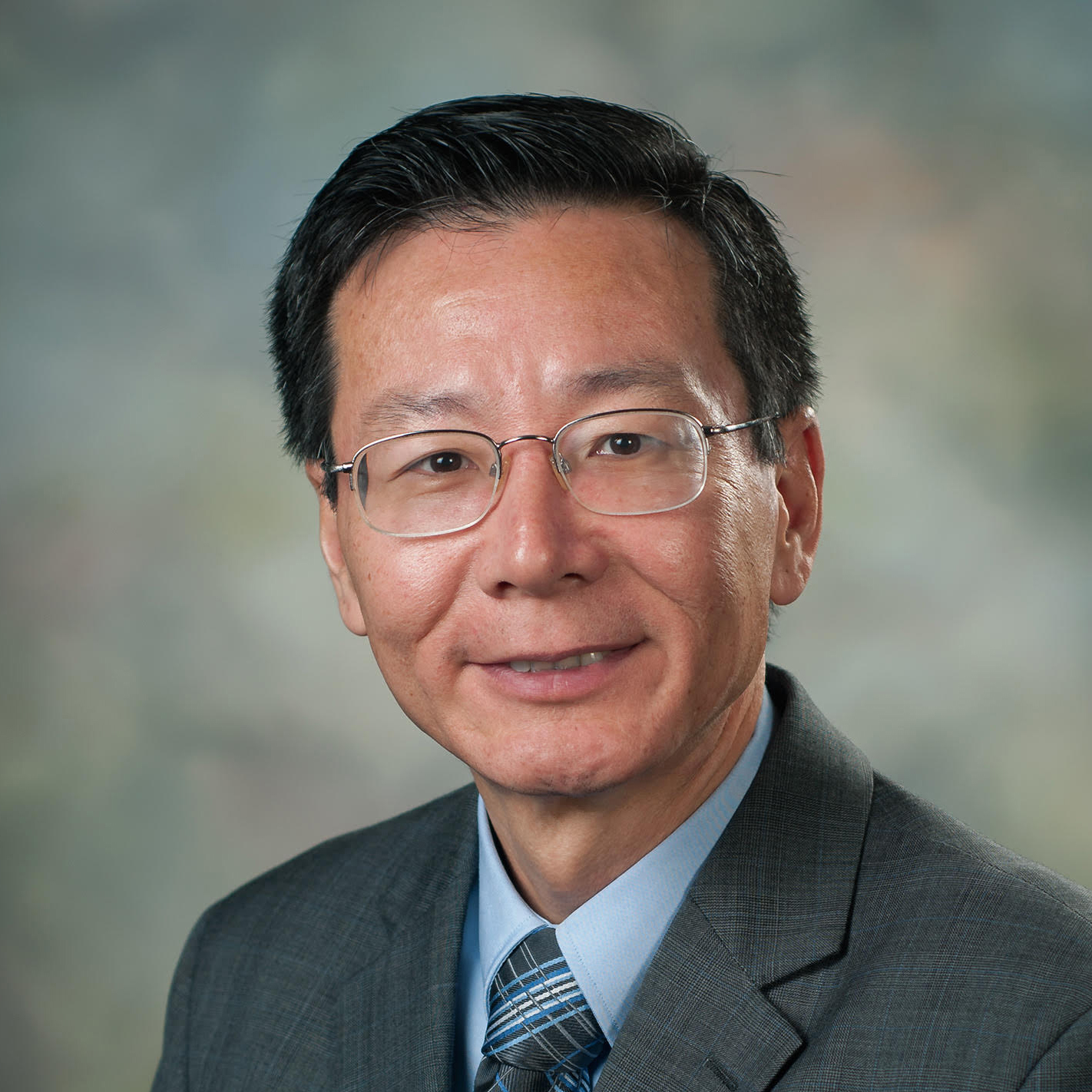Interrogating the Complexity of Tumor Microenvironment, Rong Li, Ross Professor of Basic Science Research and of Biochemistry and Molecular Medicine, GW

The Department of Chemistry Presents, via Webinar: Interrogating the Complexity of Tumor Microenvironment, Rong Li, Ross Professor of Basic Science Research and of Biochemistry and Molecular Medicine, GW
The non-overlapping functions of the two estrogen receptor subtypes, ERa and ERb, in tumor cells have been studied extensively. However, their counterparts in host cells is vastly under-interrogated. Even less is known about how ERa and ERb activities are regulated in a subtype-specific manner. We previously identified a phosphotyrosine residue (pY36) of human ERb that is important for tumor ERb to inhibit growth of breast cancer cells in vitro and in vivo. A role of this ERb phosphotyrosine switch in regulating host ERb remains unclear. Disabling the ERb-specific phosphotyrosine switch in tumor-bearing hosts exacerbates tumor growth. Further, a cell-autonomous ERb function was defined in CD8+ effector T cells. Mechanistically, T cell receptor (TCR) activation triggers ERb phosphorylation, which in turn augments the downstream TCR signaling cascade via a non-genomic action of ERb. The ERb agonist S-equol facilitates TCR activation that stimulates the ERb phosphotyrosine switch and boosts anti-PD-1 ICB immunotherapy. Our study clearly demonstrates a role of the ERb phosphotyrosine switch in regulating ERb-dependent anti-tumor immunity in CD8+ T cells. Our findings support the development of ERβ agonists including S-equol in combination with immune checkpoint blockade immunotherapy for cancer treatment.
Biography
Dr. Rong Li has been working in gene regulation and breast cancer biology for more than two decades. He received his Ph.D. degree from the University of California at Berkeley in molecular biology of DNA replication and transcriptional regulation. As a postdoctoral fellow at the Cold Spring Harbor Laboratory, he expanded his research scope to include cell cycle regulation, DNA repair and DNA damage response. Since he became an independent investigator, first at the University of Virginia (1996-2006) and later at University of Texas Health Science Center at San Antonio (2007-2018), Dr. Li has led a productive research endeavor in several areas of breast cancer-related biomedical research. One major focus in his research is the role of the breast cancer susceptibility gene product BRCA1 in tissue-specific tumor suppression. Another research topic in his lab involves transcriptional regulation by RNA polymerase II-pausing factors during normal tissue homeostasis and pathogenesis. A third active research area in Dr. Li’s lab is the crosstalk among tumor, fat, and immune cells during cancer progression.
Dr. Li currently is chair of the Department of Biochemistry and Molecular Medicine, the George Washington University School of Medicine & Health Sciences. He is the Ross Professor of Basic Science Research. Dr. Li has published over 80 scientific papers, many in high-impact journals including Nature, Cell, Genes Dev, Cell Rep, Nat Commun, PNAS, and J Clin Invest. Dr. Li has served on several NIH study sections and currently is chair of the National Institutes of Health (NIH) Tumor Microenvironment (TME) study section. Dr. Li’s research has been continuously funded for more than two decades by NIH and other federal, state and private funding agencies.
https://www.gwumc.edu/smhs/facultydirectory/profile.cfm?empName=Rong%20Li&FacID=2073486164

